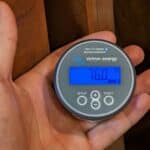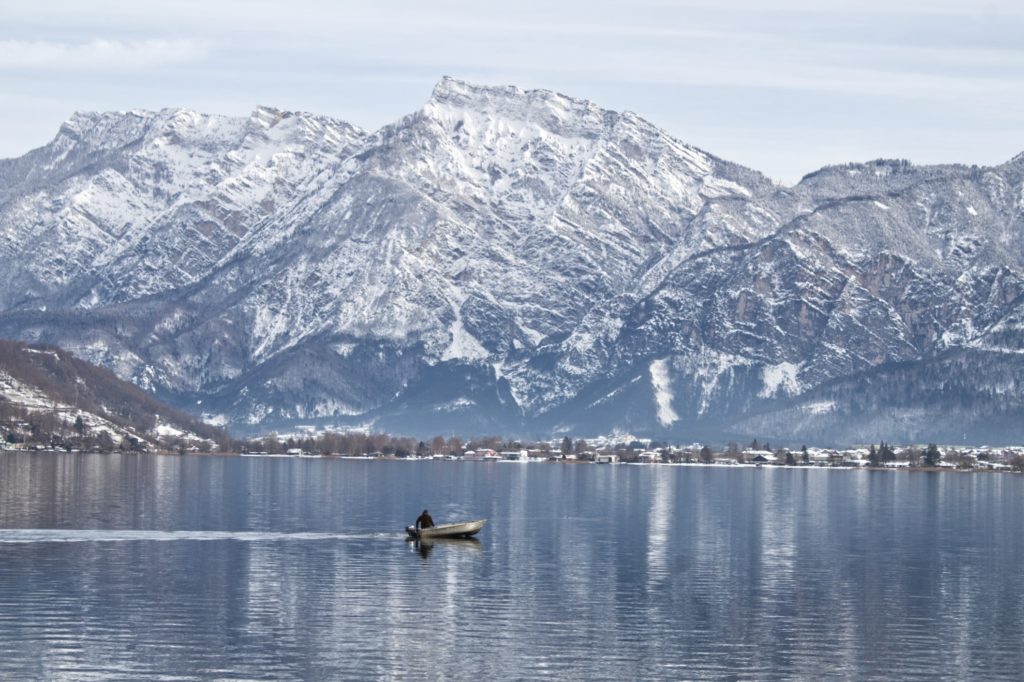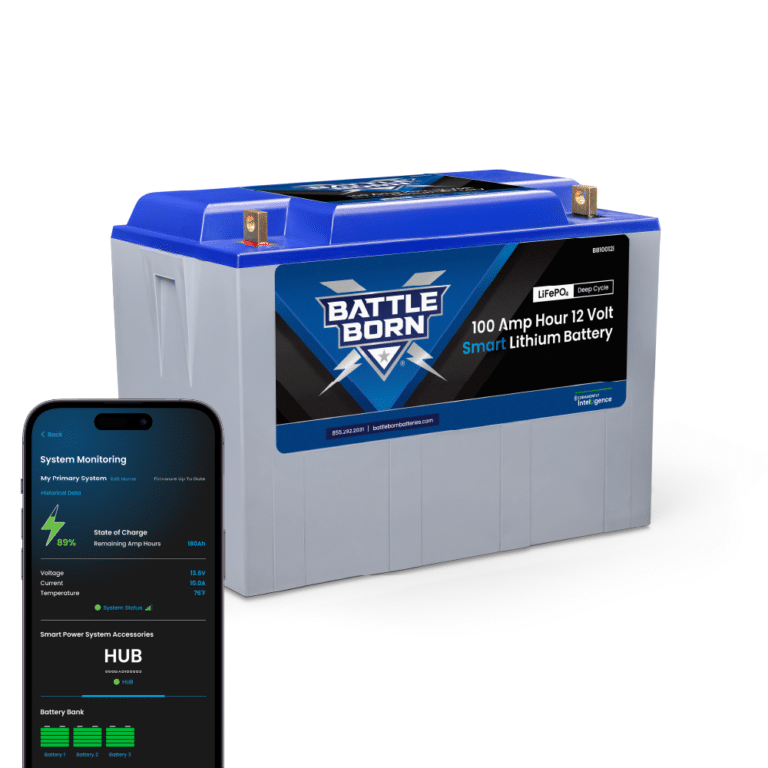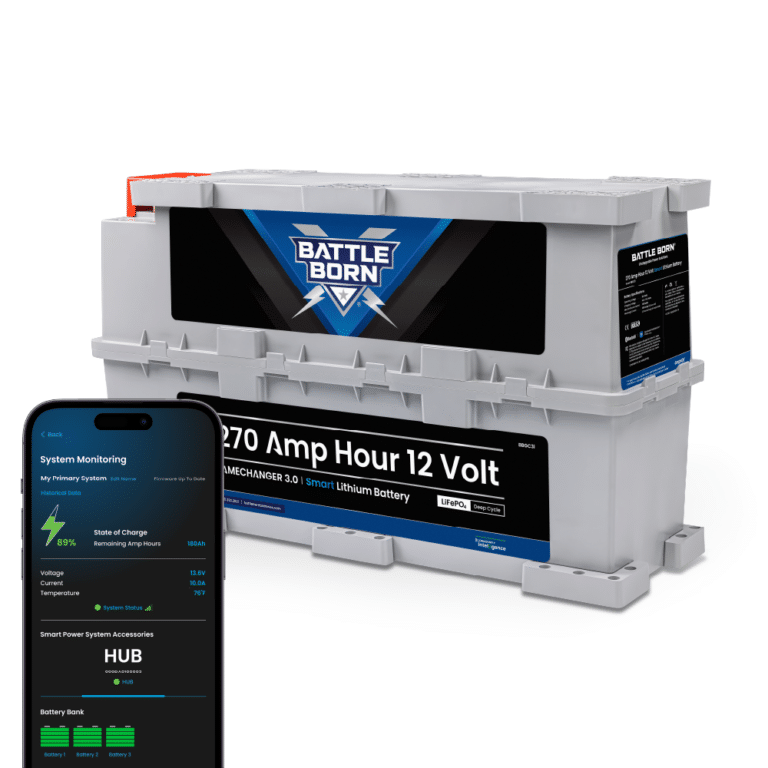
MENUMENU
TALK TO AN EXPERT
Special Hours: 7AM – 6PM PST
TALK TO AN EXPERT
Special Hours: 7AM – 6PM PST
Spring and summer are prime boating seasons, and it’s easy to see why. It’s just easier and more pleasant to be out on the water when the weather is nice and warm. But those looking for another side to their marine life should consider cold weather boating. It’s a thrilling and unique experience, but one that requires a bit of extra preparation and knowledge. So here’s what you need to know about boating in winter and cold weather.

It absolutely can be! While boating in winter presents some obvious safety and logistical challenges not present during warmer months, there’s no reason it’s inherently unsafe. Experienced and prepared boaters can enjoy breathtaking seasonal views and relative solitude during colder times of the year.
So what are the most important things to know before heading out for some cold weather boating? Here’s a look at some tips you should keep in mind.
Cold temperatures can present some serious safety issues anywhere, but they can be especially profound out on the water. With the impact of wind and a generally exposed position, it can feel far colder while boating than you might expect. Dress in multiple warm layers. You can always take them off if you find yourself too warm.
An easy way to get yourself into a dangerous situation is to ignore the weather report. Conditions out on the water may be different than at your home, depending on where you plan to boat. Always check the weather before any trip, and double-check before heading out onto the water.
This is a good boating tip regardless of the season, but it takes on added importance during cold weather boating. Cold weather means cold water, and cold water makes it far more difficult to swim and stay afloat. Hypothermia can begin in just seconds. A life jacket can literally save your life if you end up overboard.
VHF radios are crucial safety equipment that should be included on all boats. These valuable, two-way radio devices can transmit over long distances (meaning they’ll work where cell phones can’t). They have relatively low power needs, too. Best yet, there’s even a special channel (channel 16) expressly set aside for mayday calls or other trouble out on the water. This simple device can be your lifeline if something goes wrong.
Maintaining your boat’s systems is also key to safe boating in winter. Batteries are among the most sensitive devices to cold. You may need to take extra steps to ensure they function correctly in low temperatures.
If using a traditional lead-acid battery, ensure that however your boat is stored during winter keeps the batteries above 40 degrees. It’s also crucial to keep the batteries at least that temperature during operation.
Users of lithium batteries can skip most of these steps as lithium technology isn’t affected by cold weather as badly. Our Battle Born lithium batteries have a smart internal computer (called a BMS) that keeps everything safe. We also have self-heating batteries so you don’t ever have to worry about cold temps again!
It’s not pleasant to think about ending up overboard while cold weather boating, but preparing for this can save your life. Part of this includes wearing your life jacket, but it also includes having a plan for rescuing yourself or a member of your group who ends up in the water. In cold weather, you’ll need to act quickly to avoid hypothermia, which can set in very rapidly. A bit of preparation can go a long way toward a good outcome.
One of the best ways to help protect yourself if you end up overboard is to wear a wetsuit. This close-fitting layer uses special materials to provide high levels of insulation and keep your body warm, even in frigid waters. It’ll even help keep you cozy outside the water and fits relatively easily under your regular clothes.
Another piece of all-season advice for boaters is communicating your destination and route. Letting someone know where you’re heading can make the difference between life and death if you run into trouble.
This is especially important in winter when cold weather can make it all the more crucial to get help quickly if something goes wrong. In addition to letting someone know where you’re headed, you should also give them an idea of when you expect to return.

You don’t need to have a medical degree to take care of the kind of first-aid situations you may run across while out boating, but it’s crucial to have a well-stocked first-aid kit at hand. During emergencies, especially in cold weather, you’ll need to act quickly so know where your gear is and how to use it.
Getting wet is more than just an annoyance during cold weather boating. It can be dangerous or even deadly. Whether someone falls into the water or simply ends up splashed by waves or spray, changing into warm, dry clothes is imperative. Ensure the bag you keep dry clothes in is waterproof and secured from falling overboard.
Cold weather boating can be a thrill and allows boaters to experience an entirely new perspective on what may be familiar spots. But as you can see, boating in winter also presents new challenges and dangers that you’ll need to prepare for. Follow these tips and you’ll stay safe out on the water, whether you’re enjoying a balmy summer afternoon or a snowy winter day.
We know that building or upgrading an electrical system can be overwhelming, so we’re here to help. Our Reno, Nevada-based sales and customer service team is standing by at (855) 292-2831 to take your questions!
Also, join us on Facebook, Instagram, and YouTube to learn more about how lithium battery systems can power your lifestyle, see how others have built their systems, and gain the confidence to get out there and stay out there.
Shop Best Sellers








Ask a technical specialist now at 855.292.2831
Stay in the Know